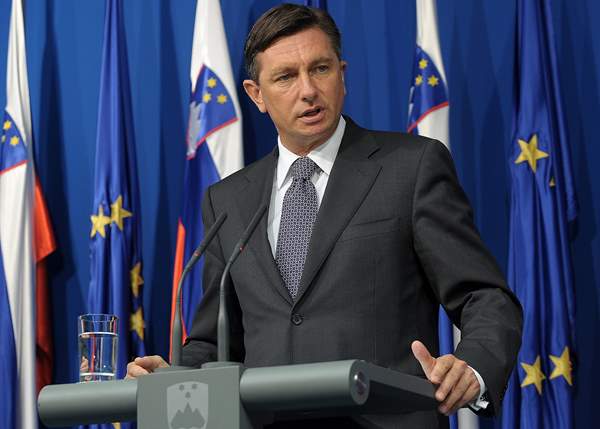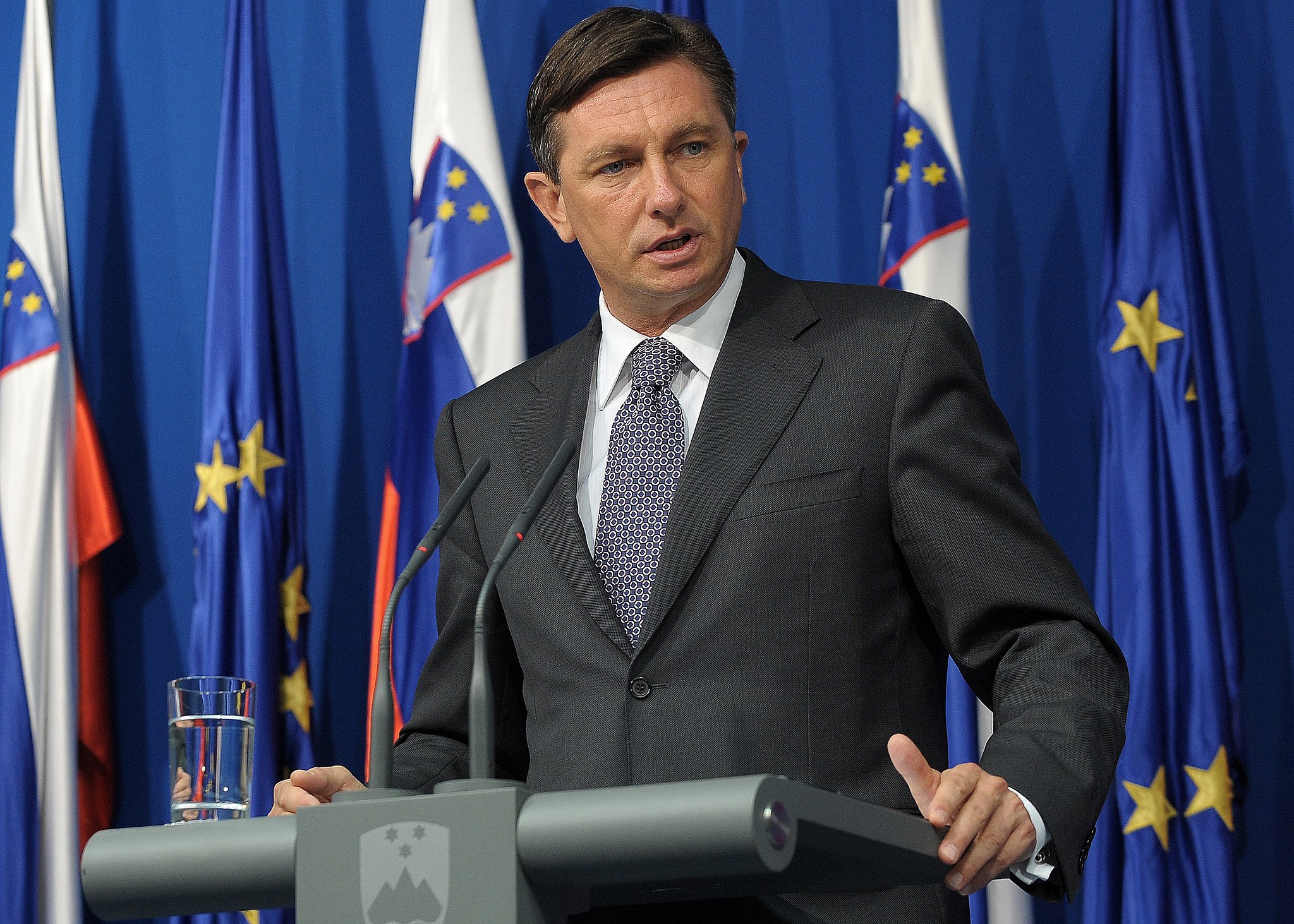
[ALL ABOUT PEOPLE 2021] FESTIVE OPENING SPEECH – PRESIDENT OF RS, BORUT PAHOR

Ladies and gentlemen,
I am delighted to address you again at your traditional scientific conference. If at any time, it is now, that the title of this year’s conference is truly relevant. The health crisis has given us solid evidence of how much we need to be focused on a man.
The expedrience of the pandemic has placed the very life of humans at the centre of our daily existence with acoompanying issues, relating to society and its functioning, its ability to adapt, develop and show empathy. The pandemic has brought about an unprecedented acceleration of digitisation for development of new technologies and innovative ways of using them in all areas of human life.
Years ago, I said at your conference that we would – if we enjoyed peace and stability – witness a dramatic development of technology. At the time, I shared with you my thoughts that, in particular a purely human need to develop science would arise and lead to an extraordinary specialisation of science. And that, on the other hand, humans should have a broad personality and the ability to understand the context of the modern world.
In just three years since then, a remarkable transformation has taken place in the space of a few months due to the new coronavirus disease. Digitisation is therefore no longer a matter of choice but a necessity. Clearly, those who are not fast, responsive and adaptable, are lagging behind. Digitisation therefore represents a new developmental challenge that is occurring increasingly in many fields: in science, education and art. The epidemic has given additional impetus to state-of-the-art science, art and technology projects that have stirred people’s imagination, but today are becoming part of everyday life, opening new topics for reflection on human involvement in digital reality.
Sciene and technology are indispensable to the progress of mankind. In this respect, freedom of scientific and artistic creation must be guaranteed in Slovenia, pursuant to Article 59 of the Constitution. Freedom, however, requires the autonomy of the university environment and research institutions. Only an autonomous university can be a place for scientific activity, critical social debate and intellectual development. Due to these specific features, the university environment must nurture a rebellious spirit, critical thinking and scientific freedom. Society understands this, and it is politics that must accept and appreciate, preserve and strengthen the autonomy of scientific, pedagogical and research work. At the same time, autonomy entails responsibility for well-considered and excellent action, as well as for a critical attitude towards own’s work and towards events in society, human communities and the natural environment.
The independence of scientific institutions brings credibility to and confidence in scientific achievements. Moreover, the experience with COVID-19 highlights the fact that our humanity is equally important.
We must find the right balance between technological and societal development in the digital transformation of individual areas of the society. The ongoing changes need to be understood and co-created for the benefit of the society. This depends on the individual and the community, i.e. on all of us.
I personally believe that it is necessary to focus on the positive aspects brought by digital innovations. It is necessary to accept new challenges and opportunities, to look for solutions and answers, while also devoting attention to the dangers and weaknesses, posed by innovations.
It is precisely this time of uncertainty that has shown that scientists and other experts act with knowledge, responsibility and sensitivity to the individual as well as the community. I have said many times before that scientific knowledge and humanity will lead us to victory over the virus, especially the knowledge gained earlier, when we were still unaware of what lay ahead of us.
The epidemic thus pointed to the importance of fundamental knowledge and the necessity of basic research, as these prepare us for encounters with the unknown. This was confirmed by the amazingly rapid development of the vaccine. The usual path of development, taking several years, has been extraordinarily accelerated in the case of the COVID-19 vaccines due to past knowledge and research, as well as the dedication of the scientists involved.
In the field of the transformation of the digital society and economy, Slovenia currently ranks among the moderately successful EU Member States, which certainly cannot be our goal. The experience of a pandemic must not prompt the desire to go back, but must provide us with a vision how to build on the acquired knowledge and awareness.
I believe that advances in science, enriched by the experience of the epidemic, continue to be an answer to the question of how the world will face the challenges of the future. The future is unimaginable and always brings dramatic changes. Therefore, as individuals and as a community, we must be aware that only the brave, the creative, and the free can turn these changes to our advantage. Communities that are open to diversity, that are bold and free, will survive these great changes unscathed.
Fear is an unsuitable companion to guide our steps into the future. Development must go hand in hand with solidarity and humanity, which will enable the humanisation of technology and prevent dehumanisation of society.
I wish you all the best.
